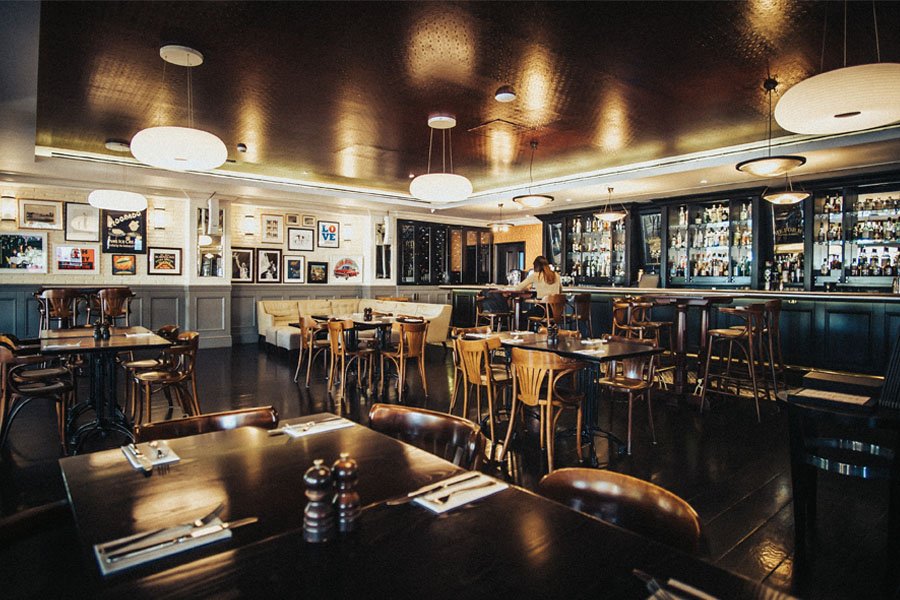
Reform Social & Grill (PC: Gates Hospitality)
On January 1, 2023, the Government of Dubai announced the scrapping of 30% sales tax on alcohol for a year until December 31, 2023. As a result, licensed F&B restaurant businesses, bars and hotels will pay 30% less to purchase alcohol during this period.
In addition, eligible individuals can now obtain a liquor license for free by producing a valid Emirates ID in case of residents and passport in case of tourists. A person must be at least 21 to drink legally in the UAE, and alcohol can only be consumed privately or in licensed public places.
A city that’s known to be one of the most expensive in the world of alcohol, what does this mean for licensed F&B businesses? We spoke with a few licensed F&B businesses to understand their initial reactions.
The move is certain to keep Dubai “competitive” and aligns with what the city is trying to accomplish, expressed F&B industry veteran Naim Maadad, Chief Executive and Founder of Gates Hospitality with a portfolio that includes licensed venues such as Reform Social & Grill, among others.
One of the things that the city is trying to accomplish is a tourism rebound post-pandemic, which is already visible. For perspective, the emirate recorded 11.4 million overnight international visitors between January and October 2022. Including tourist visitations during the FIFA World Cup Qatar 2022 this number is likely to increase.
The suspension of the 30% sales tax on alcohol is expected to boost tourism further in a city that’s already a popular destination among international visitors.
At the same time, according to Maadad, the new rule will help in ensuring repeat visitation, value for money and a superior lifestyle for Dubai residents (in this case mostly expatriates).
As multiple layers of taxation rendered alcohol consumption expensive, now with the new regulation in place will restaurants think of passing on the benefit to diners?
“We will be passing on as much benefit as possible to our customers, whilst also improving our profit margins, which need to improve. The cost of alcohol has been so high that it’s really hard to keep prices as low as ours, so essentially, we’ll share the benefits with our customers,” shared Lisa Knight, Co-founder of homegrown Thai restaurant Café Isan with a licensed venue in Jumeirah Lakes Towers.
“At a certain point we were reluctantly having to look at price increases, but now we don’t have to and it’s a relief,” she added.
However, commercial license continues to be expensive ranging from approximately AED50,000-150,000+ annually based on the size of property, anticipated purchasing volumes and more.
Asked if businesses are hoping for a reform in this aspect, pat came “absolutely,” from Maadad.
Knight agreed too. “I hope commercial licensing fees will also reduce as it will all make for lower prices ultimately.”
On the other hand, Maadad also pointed out that the market needs more players to become truly competitive. Currently there are only a couple of entities handling liquor sales.
“We need to make sure we keep pushing to have multiple retailers handling liquor sales, so there’s healthy competition leading to endless varieties, therein ensuring the consumer is always benefiting,” Maadad observed.
Overall, businesses remain positive about this new rule. In an official release, Tyrone Reid, Group CEO of Maritime and Mercantile International (MMI) and Emirates Leisure Retail said, “Since we began our operations in Dubai over 100 years ago, the Emirate’s approach has remained dynamic, sensitive and inclusive for all. These recently updated regulations are instrumental to continue ensuring the safe and responsible purchase and consumption of alcoholic beverages in Dubai and the UAE.”
“We love what Dubai keeps doing and truly respect the views on how relevant and connected the authorities remain [to benefit consumers and businesses],” Maadad concluded.